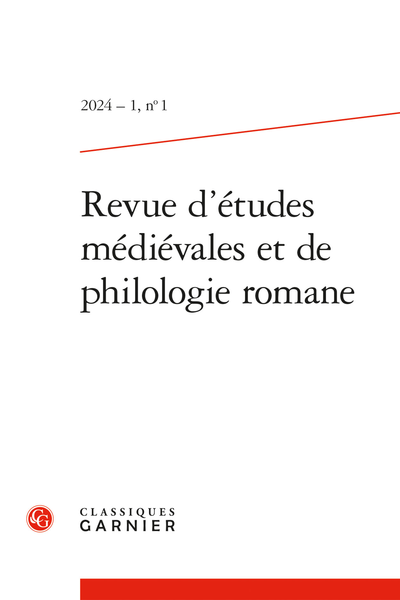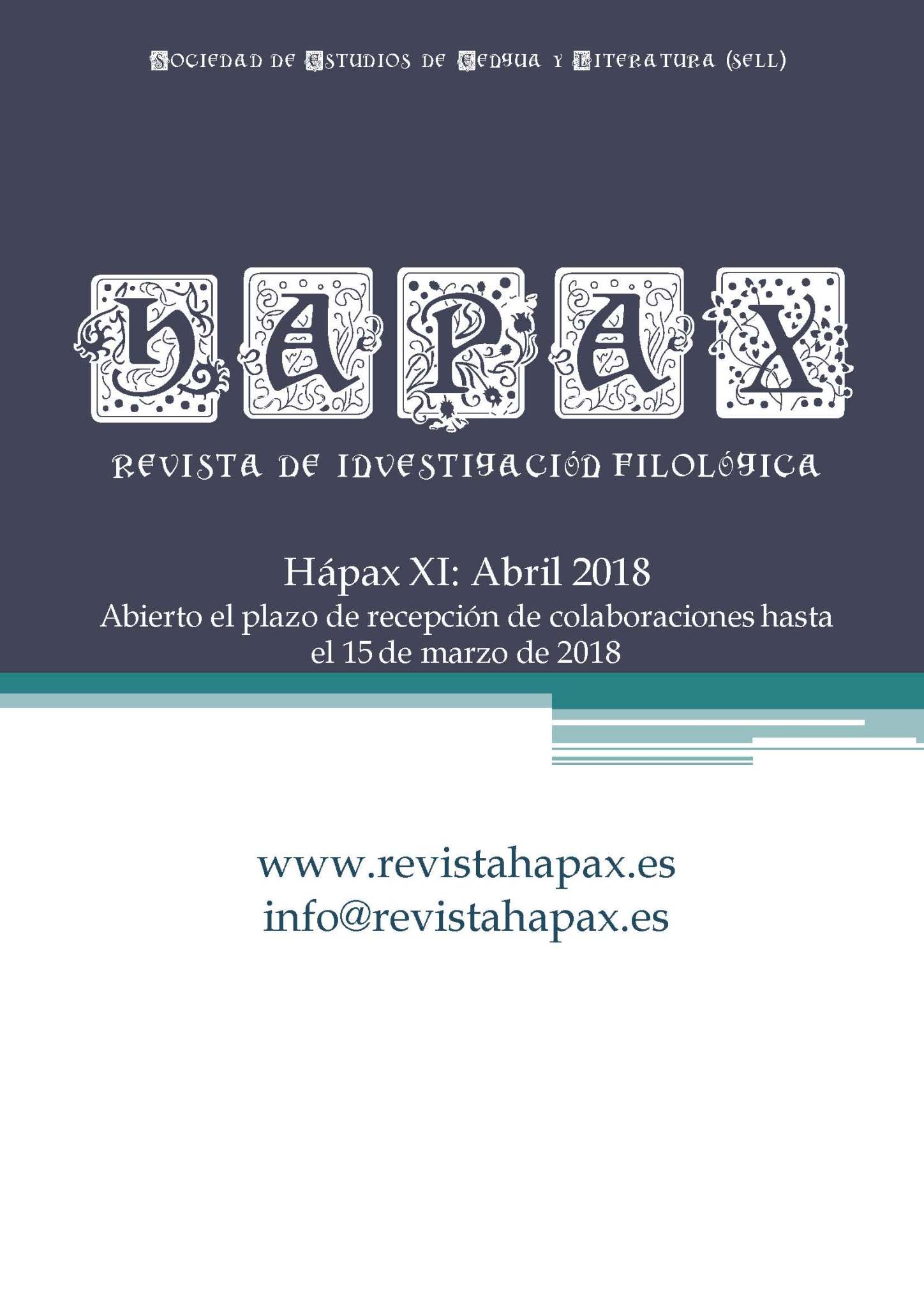Dear Dr. ************
My name
is Ofelia Ichim, I am a researcher at “A. Philippide” Institute
of Romanian Philology – the Iasi
Branch of the Romanian
Academy (http://www.philippide.ro/). I am also the
director of the academic journal “Philologica Jassyensia” (http://www.philologica-jassyensia.ro/index_en.html) which belongs to “A. Philippide” Institute of Romanian
Philology. The journal is semiannual and starting
with issue 1/ 2015 it has been indexed in
Clarivate Analytics (ex-Thomson Reuters): Emerging Sources Citation Index
(ESCI). It is also included in several
international databases (among which I mention CEEOL, EBSCO, PROQUEST, MLA International Bibliography – all of them are mentioned on
the site of the journal).
It is
also included in Category A of Agenzia Nazionale di Valutazione del
sistema Universitario e della Ricerca (ANVUR), Italia = National Agency for the
Evaluation of Universities and Research Institutes, Italy: https://www.anvur.it/wp-content/uploads/2019/05/Area10-classea-IIIquadrimestre2019.pdf
The journal is a partner of Observatoire Européen du Plurilinguisme, Paris, France (http://www.observatoireplurilinguisme.eu).
The
journal that was founded in 2005 offers the opportunity of establishing an
intercultural academic dialogue among the Romanian specialists (from Romania
and from abroad) and the foreign scholars concerned with research in Romance
languages (linguistics, sociolinguistics, literature, comparative literature, ethnology,
history of mentalities, cultural anthropology,
etc).
The
articles and reviews are written in one of the following languages: English,
Italian, German, Spanish, French or Romanian. Each core article is accompanied
by an abstract written in English and by key-words in English.
We
invite you to send us articles to be published in “Philologica Jassyensia”
journal. We shall be deeply honoured if you accept our invitation.
Please,
let me know if you agree to collaborate with us in order to send you the
editing guidelines.
I hope
you will be so kind and agree to our invitation.
Sincerely,
Dr.
Ofelia Ichim
Cher Dr. ***********,
Je m’appelle
Ofelia Ichim, je suis chercheur à l’Institut de Philologie Roumaine « A. Philippide »
– Filiale de Iasi de l’Académie Roumaine (http://www.philippide.ro/), et aussi la directrice de la revue académique « Philologica Jassyensia »: (http://www.philologica-jassyensia.ro/index_en.html).
« Philologica
Jassyensia » appartient à l’Institut de
Philologie Roumaine « A.
Phillippide ». Publiée à partir de
l’année 2005, avec une périodicité semestrielle, notre revue apparaît tant en
format classique, sur papier, que on-line. Elle est incluse dans les bases de
données internationales PROQUEST, CEEOL, EBSCO, MLA International Bibliography.
La revue est partenaire de l’Observatoire
Européen du Plurilinguisme, Paris, France (http://www.observatoireplurilinguisme.eu). A partir du no. 1/2015, la
revue a été indexée dans Clarivate Analytics (ex-Thomson Reuters): Emerging Sources Citation Index (ESCI).
Elle est aussi dans Catégorie A d’ Agenzia
Nazionale di Valutazione del sistema Universitario e della Ricerca (ANVUR),
Italia = National Agency for the Evaluation of Universities and Research
Institutes, Italy:
https://www.anvur.it/wp-content/uploads/2019/05/Area10-classea-IIIquadrimestre2019.pdf
Notre publication offre un espace de dialogue
interculturel, au niveau académique, entre les spécialistes roumains (du pays
et d’ailleurs) et les philologues étrangers, menant des recherches en langue,
littérature et ethnologie – dans le domaine des langues romanes
et de la culture roumaine en général. De même, « Philologica
Jassyensia » se propose d’illustrer la
place des recherches philologiques roumaines au sein de la recherche européenne
de spécialité. Les pages de la revue sont ouvertes, à la fois, aux études sur
la recherche académique de spécialité de l’étranger et à la connaissance des
résultats de l’activité des collègues de l’Europe, Etats Unis, Canada etc.,
utile et nécessaire pour la synchronisation de l’effervescente activité
philologique et culturelle réalisée par les roumanistes et les romanistes de
partout. On publie aussi des études de romanistique en général, dans la mesure
où les contributions offrent des perspectives sur des sujets importants
concernant les langues romanes.
Les domaines d’intérêt de notre
périodique sont: la linguistique, la sociolinguistique, l’histoire et la
critique littéraire, la littérature comparée, l’histoire des mentalités,
l’ethnologie, l’anthropologie culturelle, etc.
Nos auteurs sont des universitaires et des
chercheurs, spécialistes renommés
dans la recherche philologique nationale et internationale. Le collège
académique de la revue est composé par des personnalités marquantes du domaine,
en Roumanie ainsi qu’à l’étranger (http://www.philologica-jassyensia.ro/comitet_en.html).
Les langues de rédaction des articles: français,
anglais, italien, allemand, espagnol, roumain. Chaque article est accompagné
d’un résumé en anglais et de 4-5 mots clés, toujours en anglais.
Les études sont évaluées en système peer review.
Chaque auteur s’oblige d’envoyer à la rédaction un CV et une liste de
publications.
On serait vraiment honoré si vous acceptiez de collaborer à « Philologica Jassyensia » en nous envoyant un article. Si votre réponse sera affirmative je vais vous envoyer
tout de suite les normes editoriales. Je vous
prie aussi de transmettre notre invitation cordiale à tous vos collègues qui pourraient être interessés à publier dans
notre revue.
Je vous saurais gré de bien vouloir nous donner
une réponse aussi vite que possible.
Je vous prie d’agréer mes salutations distinguées.
Ofelia Ichim




